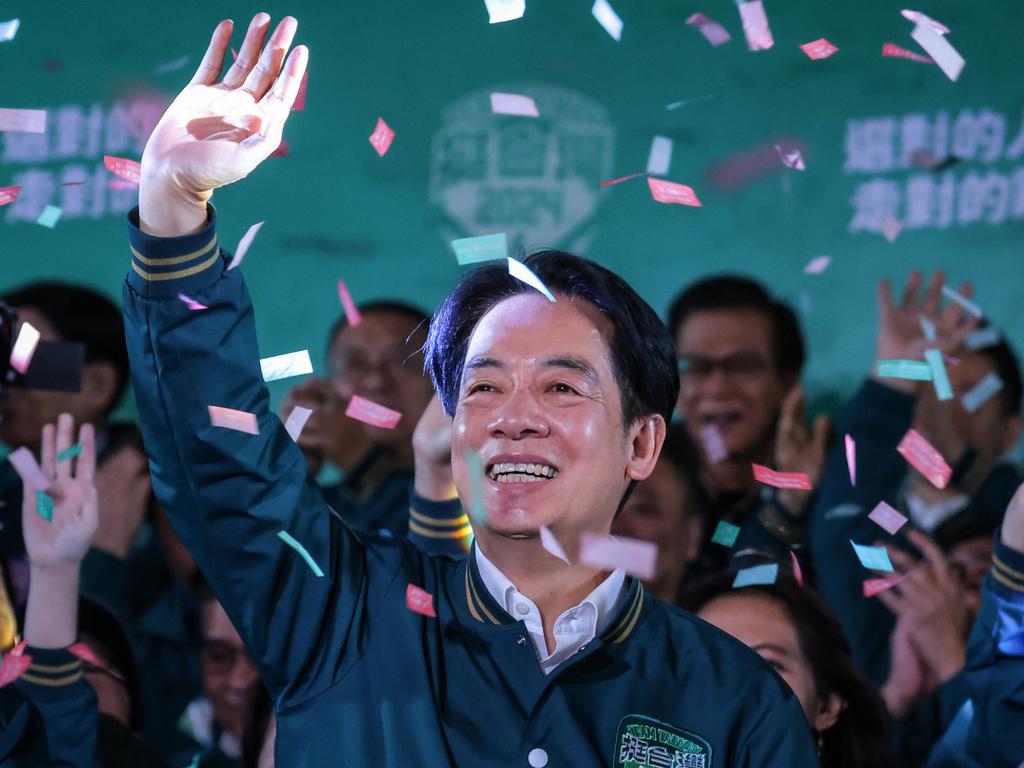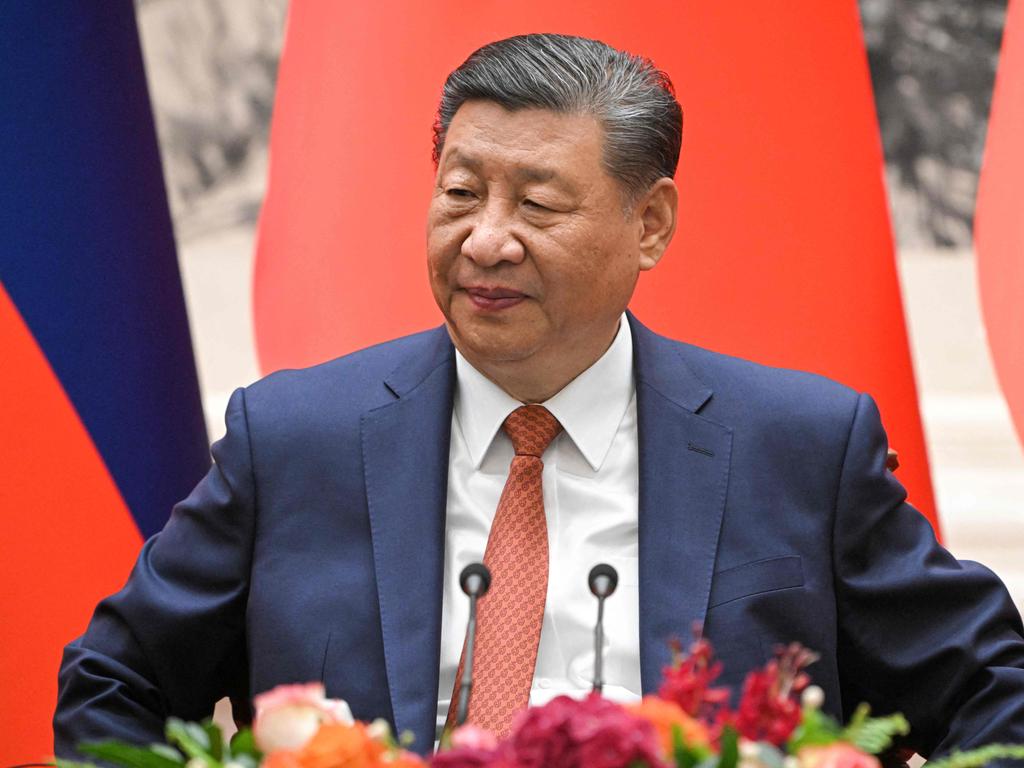Taiwan’s new President William Lai sends strong message to ‘threatening’ China
Taiwan’s newly inaugurated president has urged China to stop “threatening” his country as fears continue to mount over Beijing’s ambitions.
Taiwan’s newly inaugurated president, William Lai, has urged China to stop “threatening” Taiwan and accept its status as a sovereign state.
In his inauguration speech that addressed the ongoing intimidation tactics employed against his tiny island nation, Lai described China’s growing military presence in the region as the “greatest strategic challenge to global peace and stability”.
The CCP views Lai as a “secessionist” and has recently increased pressure on Taiwan, with Xi Jinping’s administration regularly commenting on its right to usurp the nation to bolster its own strategic position in the region.
Lai, age 64, adheres closely to the approach of his predecessor, Tsai Ing-wen, who was known for her cautious but firm handling of Beijing’s intimidation.

A doctor turned politician, Lai won the presidency in a three-way race in January, securing an unprecedented third term for the Democratic Progressive Party (DPP). He previously served as vice-president and premier under Tsai.
Earlier in his career, he was a more radical figure, openly advocating for Taiwanese independence, which has not gone unnoticed by Beijing.
Ahead of the election, Chinese state media labelled him a “troublemaker” and suggested he should face prosecution for secession.
In his speech, Lai said a “glorious era of Taiwan’s democracy has arrived” and thanked citizens for “refusing to be swayed by external forces, for resolutely defending democracy”.
“In face of the many threats and attempts of infiltration from China, we must demonstrate our resolution to defend our nation and we must also raise our defence awareness and strengthen our legal framework for national security,” he said
Having previously described himself as a “pragmatic worker for Taiwan independence”, Lai has moderated his rhetoric on the issue in recent years.

On Monday, he said his government would “neither yield nor provoke, and maintain the status quo” – a balance that preserves Taiwan’s sovereignty while not declaring formal independence.
“I also want to call on China to cease their political and military intimidation against Taiwan,” Lai said.
He urged Beijing to “share with Taiwan the global responsibility of maintaining peace and stability in the Taiwan Strait … and ensure the world is free from the fear of war”.
Lai has made repeated overtures to resume high-level communications with China and hopes Beijing will “choose dialogue over confrontation”, calling for China to restart tourism and allow their students to study in Taiwan.
But the olive branch appears to have fallen flat. Hours after his speech, Beijing’s foreign ministry called “Taiwan independence … a dead end.”
“No matter under what guise or banner, the pursuit of Taiwan independence and secession is doomed to fail,” said spokesman Wang Wenbin.


Lai is expected to further boost defence ties with Washington during his four-year term.
On Monday, US Secretary of State Antony Blinken congratulated Lai, saying he was looking forward to Washington and Taipei deepening ties and maintaining “peace and stability across the Taiwan Strait”.
More Coverage
As Lai took office, Chinese state media reported Beijing imposed sanctions on three US defence companies over their sales of weapons to Taipei.
In contrast, the social media platform Weibo blocked hashtags referencing the inauguration.
Chinese warplanes and naval vessels maintain a near-daily presence around the island, but there has not been a significant uptick in their numbers in recent days.





